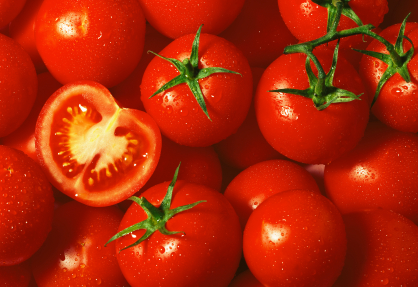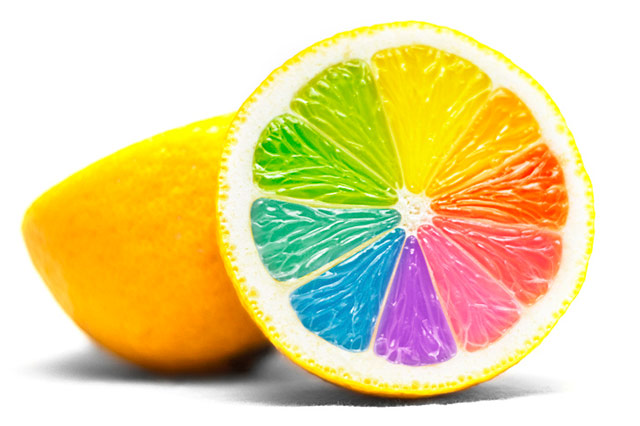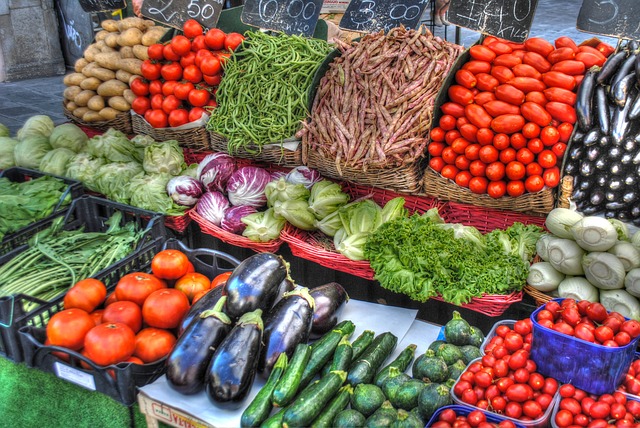
by Dr. Michael Murray | Dec 1, 2015 | Mens Health
Introduction: Lycopene is a red pigment of the carotene class of compounds that is found in tomatoes and other red fruits and vegetables. It has received a lot of attention because it is extremely protective against heart disease and the major cancers (i.e., breast,...

by Dr. Michael Murray | Jan 20, 2015 | Mens Health
Introduction An estimated 20 to 30 million American men suffer from erectile dysfunction (ED), a term used to signify the inability to attain or maintain erection of the penis sufficient to permit satisfactory sexual intercourse. New data from the University of Milan...

by Dr. Michael Murray | Jan 15, 2015 | Mens Health
Natural solutions for low testosterone in men Do men experience a similar physiological stage to what women experience during menopause? Referred to as “andropause,” “male menopause,” “man-opause,” and more recently, “Low T,” this transitional phase shares certain...

by Dr. Michael Murray | Jun 2, 2014 | Mens Health
Natural ways to combat erectile dysfunction and enhance male sexual vitality. Right or wrong, sex is often at the very center of how a man defines himself. When a man suffers from impotence, premature ejaculation, or infertility, feelings of inadequacy swell and he no...

by Dr. Michael Murray | Jan 28, 2014 | Mens Health
Introduction Melatonin is a hormone secreted by the pineal gland, a small pea-sized gland at the base of the brain. The exact function of melatonin is still poorly understood, but it is critically involved in regulating the natural biorhythm of hormone secretion...
by Dr. Michael Murray | Apr 18, 2011 | Mens Health
Background Pygeum africanum is an evergreen tree native to africa. an extract made from the dark-brown to gray bark of the trunk has been well-studied in the promotion of a healthy prostate. Over 30 clinical studies, including a dozen double-blind studies, have shown...








